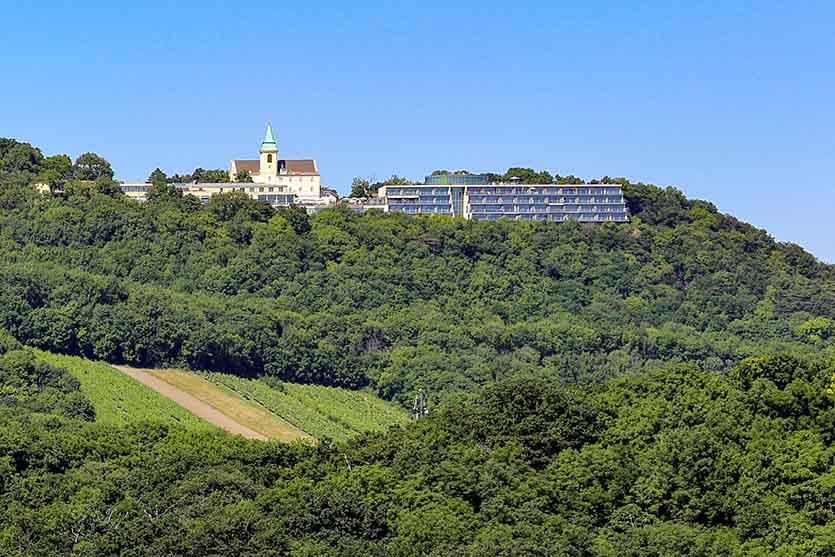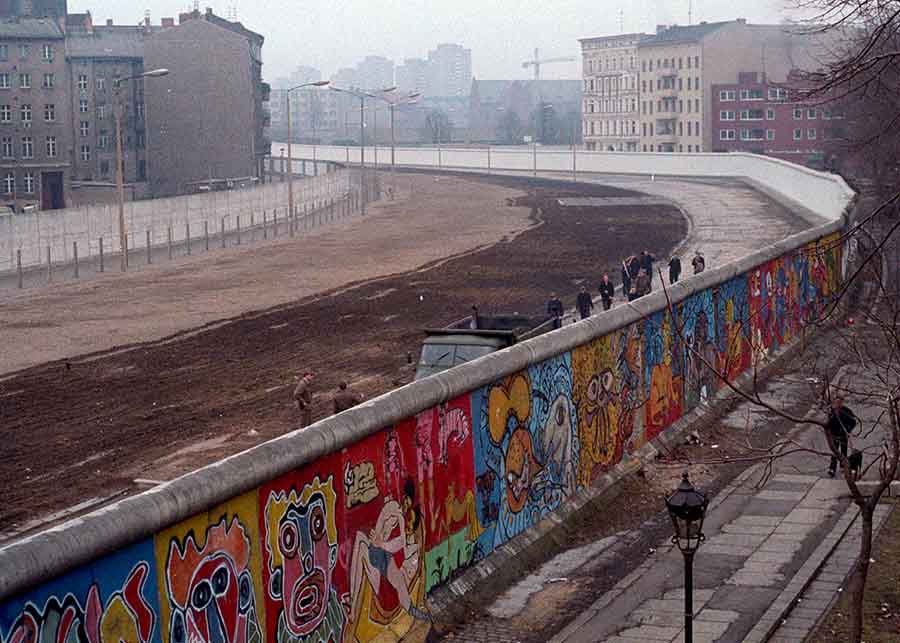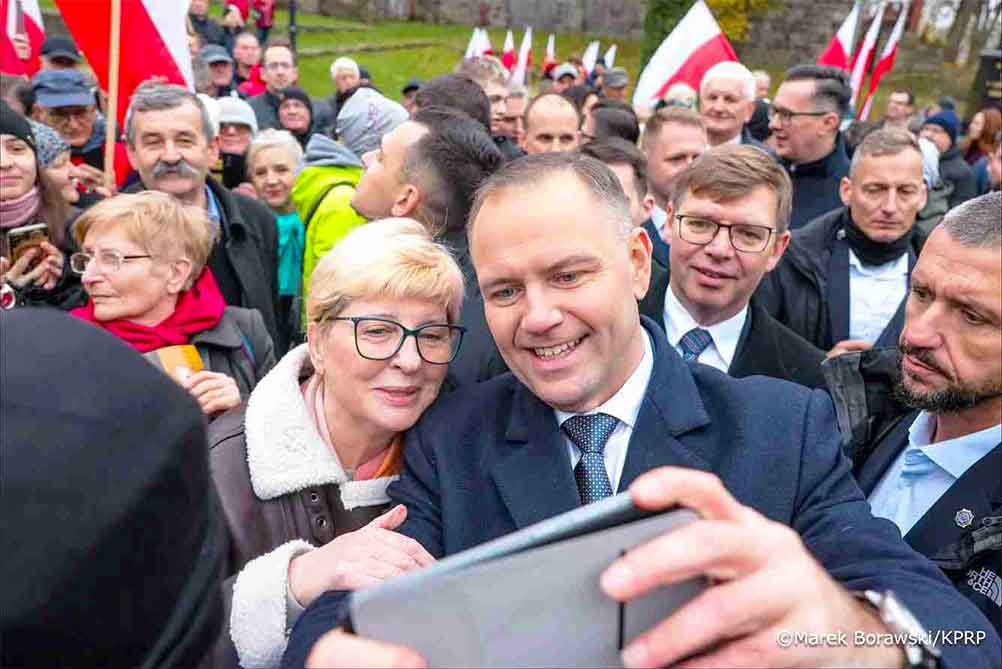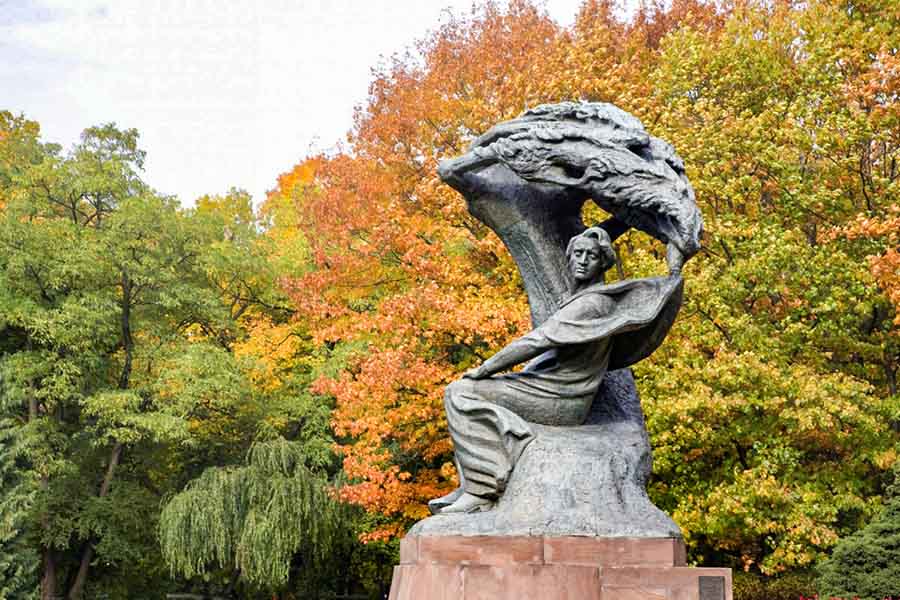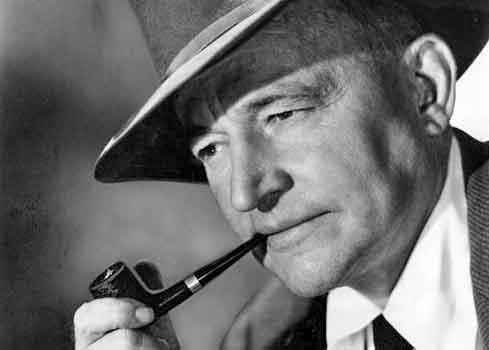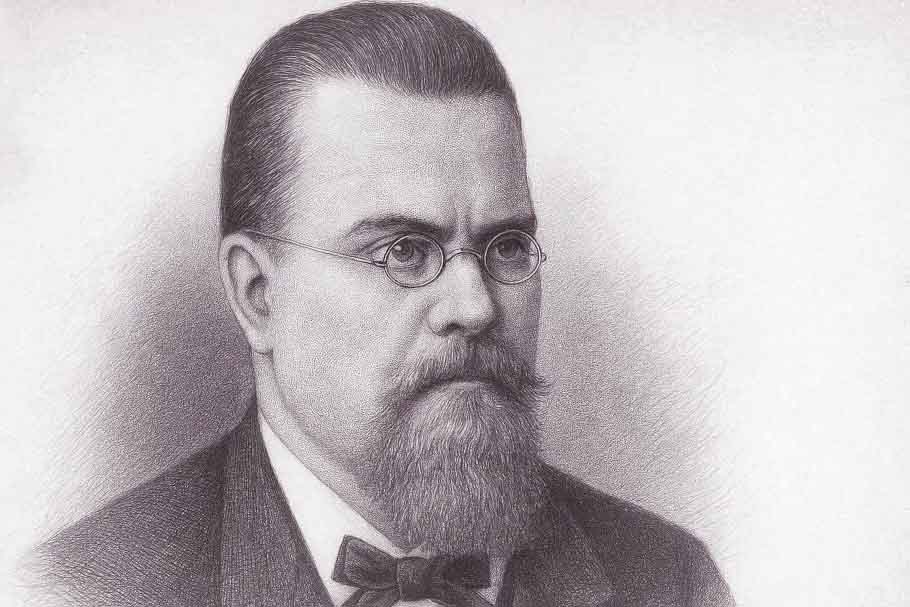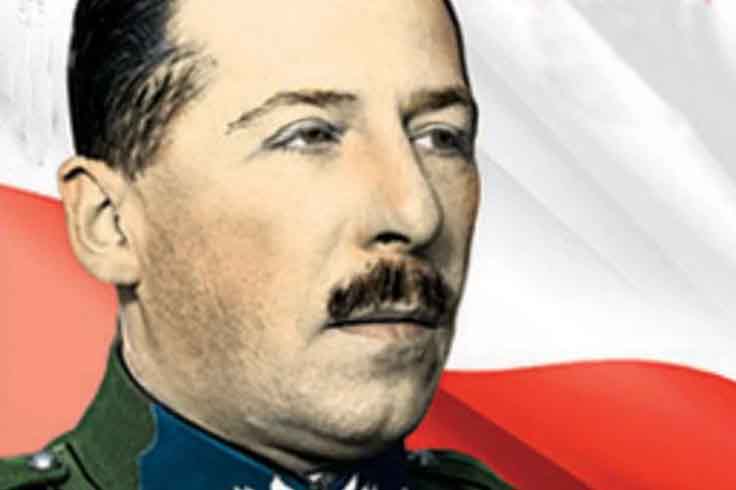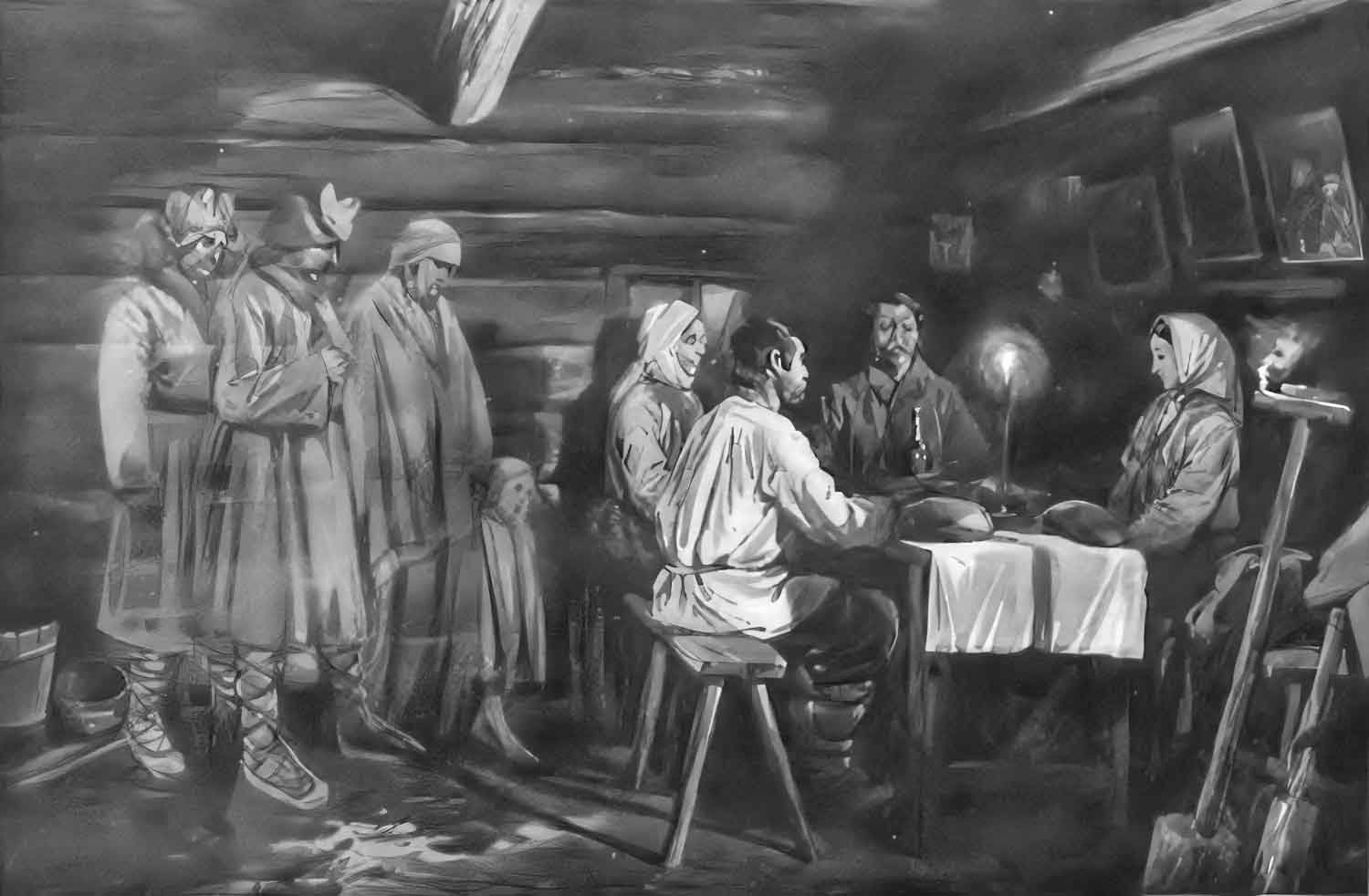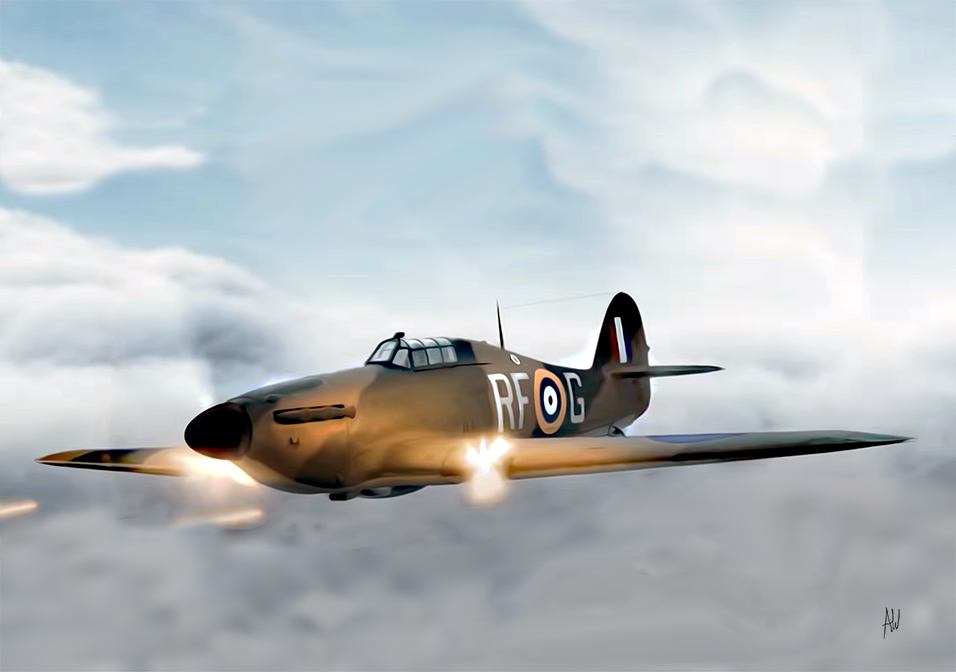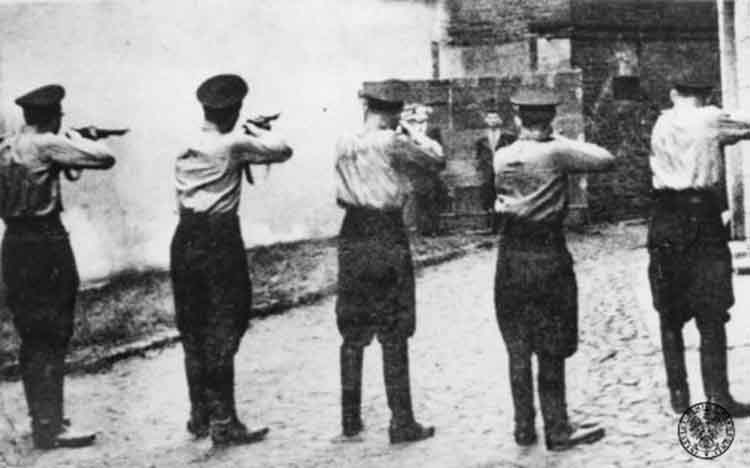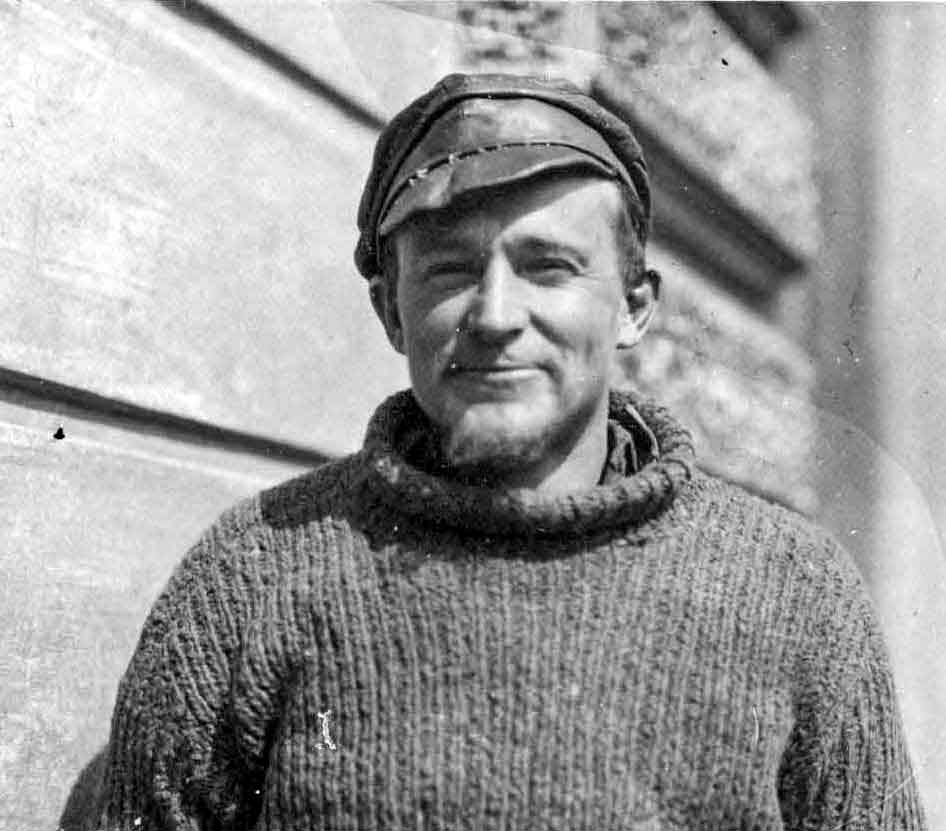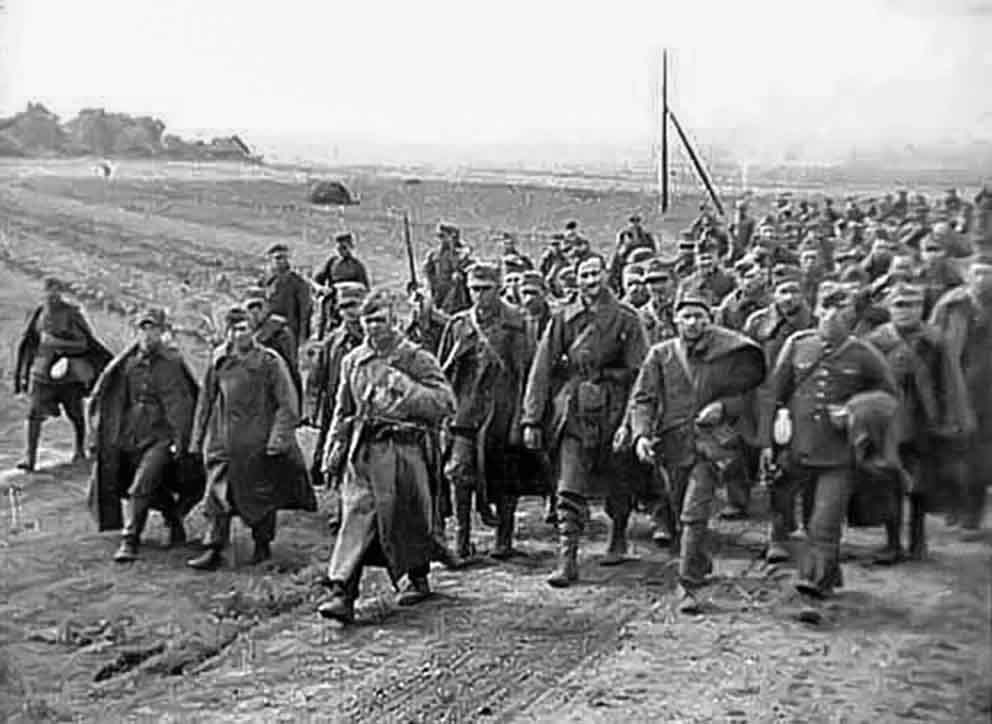On the 342nd anniversary of the victorious Relief of Vienna, we received a lecture from Father Roman Krekora CR, Rector of the Polish National Sanctuary on Kahlenberg in Vienna. It was from this site that King John III Sobieski set out on September 12, 1683, to lead the Allied forces to the victorious Battle of Vienna.
Read more... Reading time 7 min.On November 9, 1989, the wall that had divided the world for nearly three decades collapsed. No one imagined that an era would end that evening. Behind that moment, however, lay years of Polish courage, work, and faith in freedom—from Gdańsk to Berlin.
Read more... Reading time 10 min.Throughout the 19th and 20th centuries, Poland was truly independent for just over 30 years. The freedom we enjoy today is a greater responsibility for us.
Read more... Reading time 6 min.The history of the Chopin Competition tells the story of the birth of a tradition that has survived wars, political turmoil, and technological revolutions, yet has lost none of its magic: it still has the ability to unite millions of listeners, evoke powerful emotions, and discover new talents.
Read more... Reading time 9 min.On March 2, 1933, shortly after Franklin D. Roosevelt's inauguration, New York saw the premiere of "King Kong." Few would have guessed that the man who pilots the plane attacking the beast in the film's finale would return to uniform and play a role in two of the most challenging theaters of World War II: China and the Southwest Pacific.
Read more... Reading time 6 min.On October 28, 1845, Zygmunt Wróblewski was born, one of the most outstanding Polish physicists, a pioneer of cryogenics, who, together with Karol Olszewski, was the first in history to liquefy the gases constituting the Earth's atmosphere.
Read more... Reading time 4 min.Lisbon – a city of spies, emigrants, and secret couriers. It is here that Jan Kowalewski, a former codebreaker from the 1920s, creates "Continental Action" – a Polish intelligence project intended to dismantle Hitler's alliance from within. He meets Germans, talks with Italians, warns the world about Operation Barbarossa, and fights for a Europe that is beyond saving.
Read more... Reading time 10 min.Although Christianity has been alive in Poland since the end of the 10th century, old pagan traditions related to the commemoration of the dead continued to intertwine with the faith in the Risen Christ for a long time.
Read more... Reading time 5 min.Poles comprised only five percent of the RAF's forces in the Battle of Britain, but they were responsible for over ten percent of all German aircraft shot down. Their courage and effectiveness helped save Britain and changed the course of World War II.
Read more... Reading time 6 min.In the autumn of 1939, Pomerania became the site of one of the most forgotten crimes of World War II, as neighbors turned weapons against neighbors and forests were turned into mass graves. "The Pomeranian Massacre"—that's how we now call this tragedy, which for decades remained in the shadow of Katyn. It's a story of human betrayal, planned genocide, and a memory that still cries out for justice.
Read more... Reading time 14 min.In the collective imagination, "King Kong" is "Beauty and the Beast," the Empire State Building, and machine guns on the wings of a biplane. Few remember that the actor playing the pilot in the 1933 finale was actually an aviator who had nearly died in two wars.
Read more... Reading time 7 min.Wojciech Materski
Although Russia has officially acknowledged the perpetration of the Katyn massacre, this truth is virtually absent from Russian historiography today. For it does not fit into the myth of the great victory of the war, any more than the Hitler-Stalin pact of 1939, the mass deportations, the enslavement of the Baltic republics, or the colossal scale of the Red Army's marauding in the final phase of the Second World War.
Read more...


